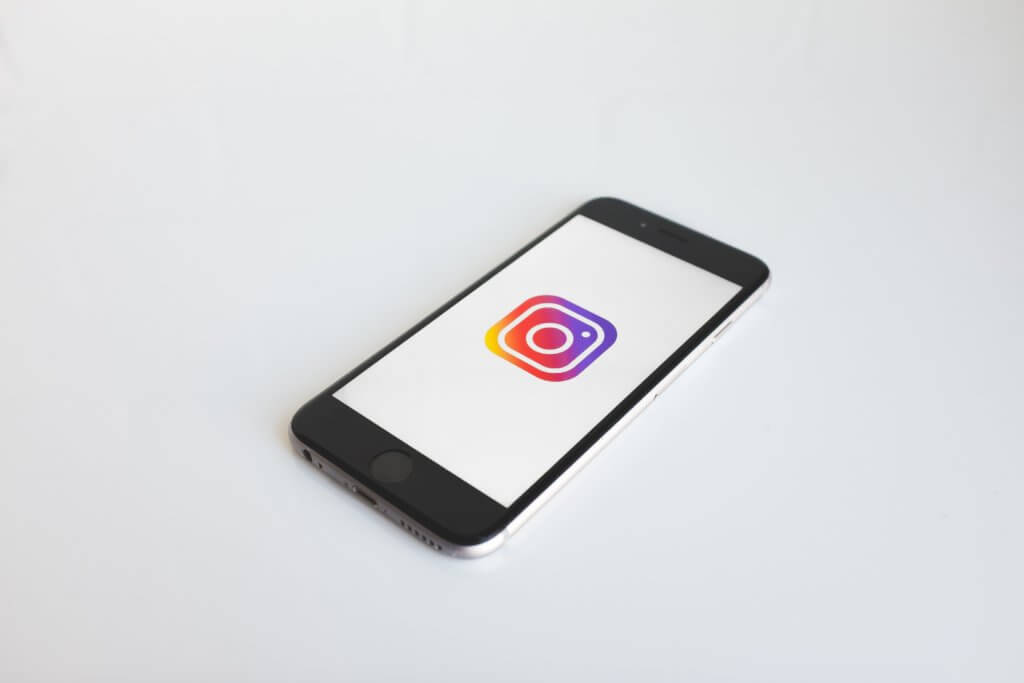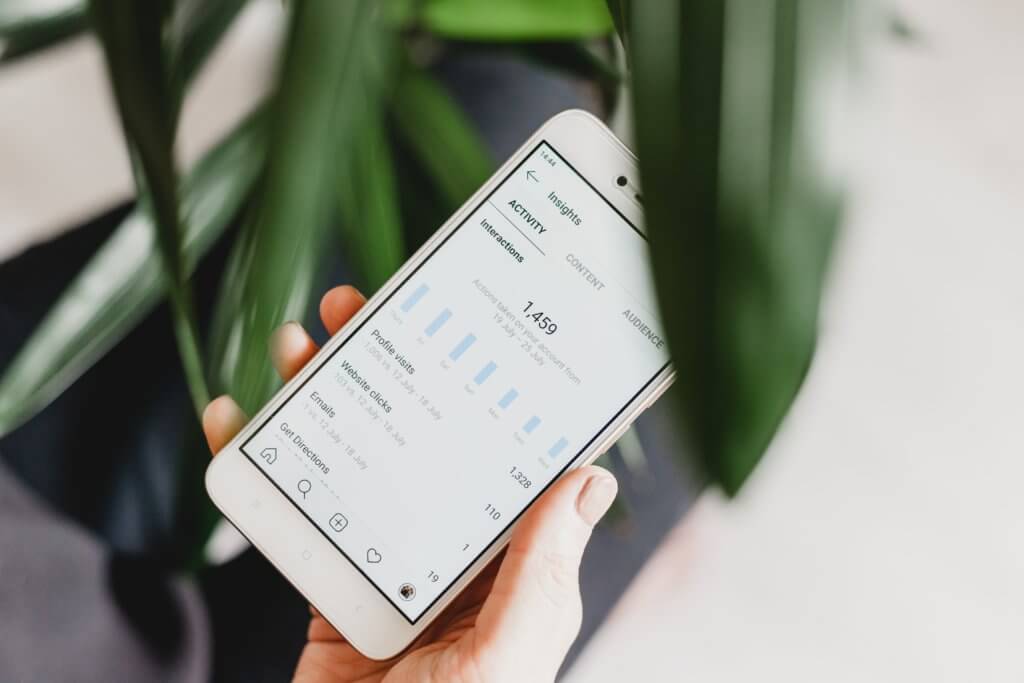Blogs > Is A Private Instagram Right For Your Brand?

Is A Private Instagram Right For Your Brand?
August 6, 2020 Vanessa Niragira

A private Instagram has grown in popularity more so with popular meme pages like Couplesnote (9m followers), but also caught the eye of big brands who have launched a secondary Instagram like Everlane (967k followers) as a social experiment. If you’re already an established brand using a business account you first have to change it to a personal account because a business Instagram can’t be made private, or follow in Everlane’s footsteps and create a secondary account.
So what will this new found privacy entail? Viewers will not have access to your posts even if you use common hashtags unless they follow you. You have a choice in who follows you, as users have to request to follow you. Finally, if someone decides to unfollow you, there’s an extra step involved that reminds the user that you’re private and they will have to request to follow if they want to follow you again.
What Are The Pros?
Exclusivity
It’s no surprise that people enjoy being a part of something that isn’t accessible to all, which is why country clubs, luxury goods, and exclusive restaurants do so well! Now typically in these situations, it involves a hefty price tag or the right circle of friends.
However, having a “private” page gives off a similar feeling. You’ve automatically made them curious about your page, or at the very least you have them thinking “why are they private?”.
Curiosity
Going off of exclusivity and that people by nature are curious by things that seem hard to get. Having a private Instagram (especially if you’re a brand) inherently makes someone have a fear of missing out.
This is especially good if you’re about to launch a new product or post relatable content to your followers. If your brand is launching something new that has already gained some traction, people will want updates on the launch date, product details, etc.
In the event that you connect with your followers by posting relatable content, your followers will send your posts to their friends and in order to view the post, their friends will have to follow you.
Retention
In relation to curiosity, if you’re posting about an upcoming product or relatable content, that user will be more inclined to continue following your page to see what you’ll post next.
There’s also an extra step in the unfollowing process when it comes to private pages. When a user clicks “unfollow” a message will come up saying “if you change your mind, you’ll have to request to follow ______ again”. That alone will make some people think twice before completing the action.
Control
This one may not be of interest to you, as you want to attract as many people as possible; however, if there are certain people you’d rather not have following your page you have the option to decline their request.
There’s also the benefit of limiting the number of trolls on your page. This doesn’t completely eliminate them, but it makes them go out of their way to cause problems and that may be enough for some to leave your page alone.
What Are The Cons?
There are quite a few positives to this, so of course, there have to be some negatives. Circling back to the topic of control which can be a great thing, depending on how large your platform is could be a tedious thing that you have to tend to. Unfortunately, there isn’t an accept all button for all fo your follow requests, so you have to manually accept them! You can however temporarily change your account back to public which will subsequently accept all of your follow requests, but with that, if you’re trying to keep certain users away from your page you’ll need to decline their request before making your account public.

No Analytics
Because you’ll have to be working from a personal account as opposed to a business one, unfortunately, you won’t be able to track information on your account. You’re still capable of tracking analytics on your likes and comments manually, however, you won’t be able to track metrics such as the amount of time your photos are saved and shared.
You will have the option to periodically switch your account to a business one and collect data on more recent posts, however, there will be some posts that you won’t have information on depending on how long ago it was posted.
Your Content Can’t Be Found
While you still might have your followers sending your content to other users, you have the risk of no one sending your content at all. With a public account the use of hashtags can be very helpful to get your content noticed, either on someone’s explore page or by them searching for related content! For a private account, hashtags are now ineffective and unnecessary because the only people viewing your content are your followers and hashtags won’t bring your content to the top of their feed, they’ll just see it when they see it. That being said in the event that you decide to go public again you can always edit your posts to add hashtags to your caption!
In this scenario, your posts won’t show up on someone’s explore page so you’ll have to be an established brand that people already know of; or a new brand that strategically promoted their brand well enough to have people look for you.
Overall this could be an interesting way to curate some mystery around your brand or product launch, if done correctly you could attract and retain the right followers. However, depending on your target audience this may scare off or annoy some of your fans or potential customers.
Curious if a private Instagram is the right move for your brand? Start by assessing your consumers and your business goals and go from there!
Want to learn more about social media in general? Check out: Social Media – An Amazing Platform for Marketing and Social Media Commandments
Vanessa Niragira, Oakville, Ontario, July 2020
Additional Sources:
https://www.businessinsider.com/psychology-of-buying-exclusivity-drives-purchases-2013-8
https://buildmyplays.com/private-instagram-accounts/
https://digiday.com/marketing/everlanes-new-private-instagram-account-will-test-lab-new-products
Vanessa Niragira, August 2020
View All